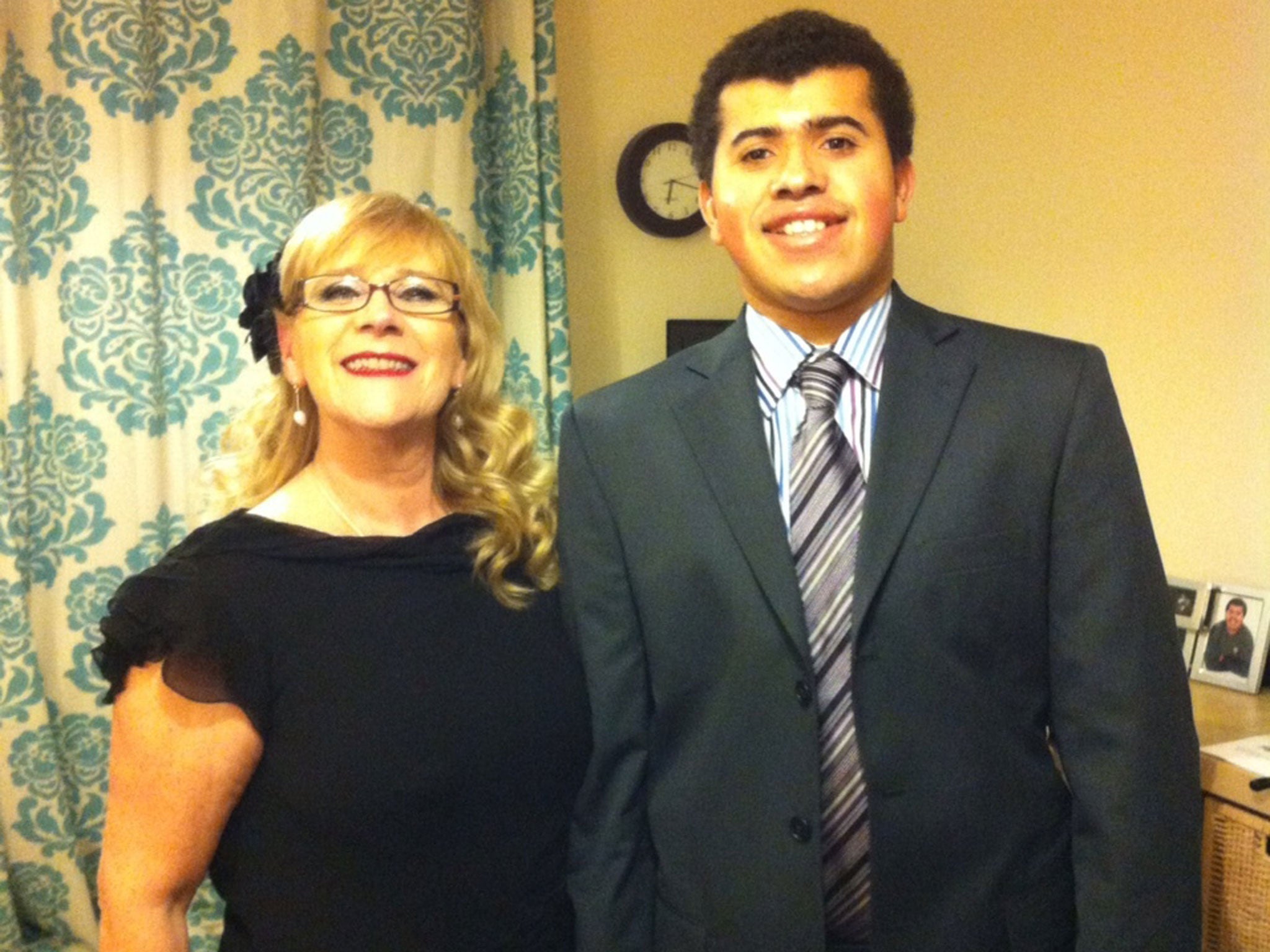Parents of autistic children turn to unproven remedies

One in three parents of a child with autism has tried interventions with no scientific basis in a desperate attempt to help their offspring, according to a survey.
Copper bracelets, injections and electronic plug-ins which release chemicals into the air for the child to breathe are among the remedies tried.
Some parents have hired behavioural therapists or spent hundreds of hours trying to teach their children the rules of social behaviour.
The findings of the survey of 1,000 parents, conducted online by the research charity Autistica, has exposed the lack of help for those affected.
The chief complaint among those surveyed was the length of time it took to reach a diagnosis. Despite there being no proven treatment for the condition, parents wanted to know as early as possible what was wrong with their child.
Olivia Curno, spokesperson for the charity, which has raised £4m for autism research since it was founded in 2004, said: “Parents see their friends’ children developing and wonder why their own do not respond in the same way. They ask themselves: ‘What am I doing wrong?’ They are struggling for a diagnosis at a difficult time.”
It can take three years before a diagnosis is reached. Ms Curno said differences in responses to social cues were evident in autistic children from the first few months and neurological signs could be seen at eight months. But they were not yet sufficiently well established to allow a diagnosis to be made.
“At the moment autism is diagnosed on the basis of social factors, so it is somewhat subjective. These observations are the first steps toward establishing earlier diagnosis with a biological test, which would be quicker and more impartial.”
The survey found half of parents who saw their GP about their child’s autism had a “negative” experience.
Though some practice was good, it was widely variable. Three-quarters said they had received no specific help but would have liked support.
Case study
Sue Hopkinson, 55, lives in Nottingham with her 18-year-old son, Alex, who has autism: “Families were waiting for a miracle, and that’s so sad”
When Alex was five years old, I fundraised £7,500 to take him to Key Largo in Florida for dolphin-human therapy. He had incredible sensory difficulties, so the aim of the therapy was to overcome some of those barriers.
Every day for two weeks, he had to do an hour of work, and as a reward he got to swim with a dolphin – in effect it was a kind of behavioural management.
There were families there from all over the world. For some of them it was their third visit. They were still waiting for a miracle, and that’s so sad. There were parents to profoundly disabled children and you think to yourself: wouldn’t it be great if something marvellous happened for them. I made it very clear when I was fundraising that I wasn’t looking for a “cure”. Bandying that word around with vulnerable parents can be very dangerous.”
Subscribe to Independent Premium to bookmark this article
Want to bookmark your favourite articles and stories to read or reference later? Start your Independent Premium subscription today.

Join our commenting forum
Join thought-provoking conversations, follow other Independent readers and see their replies